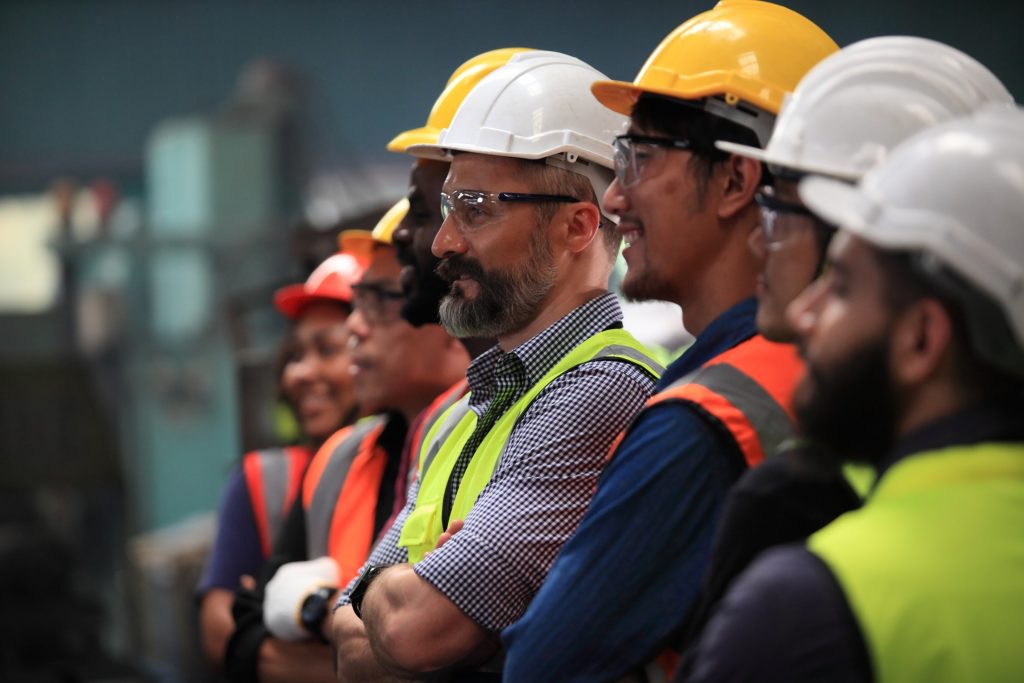The latest research on the “State of Working Pennsylvania” says a tight labor market and new levels of union organizing are offering new opportunities for workers.
Pennsylvania’s unemployment rate in August was the lowest since June 2000, at 4.2% – and more than six million Pennsylvanians are either working or looking for jobs.
Stephen Herzenberg – executive director of Keystone Research Center and co-author of the report – said with smart and worker-friendly policies, the next several years should see a sense of possibility for those workers.
“This year’s report shows that – first of all – there are more job openings than there are unemployed workers looking for jobs,” said Herzenberg. “So, individual workers have more leverage in the job market. It’s easier for them to quit and find another job just as good.”
Herzenberg added that this is also a moment in which wages are rising in Pennsylvania – and have for seven years now. He said it’s only the second time since 1979 the state has seen higher wages across the board for an extended period of time.
Herzenberg said the research indicates union organizing is key to some of the higher wages and better benefits, and points to both local and national efforts at such companies as Amazon, Google, Starbucks and Trader Joe’s.
He said he thinks Pennsylvania needs policymakers to be supportive of workers who want to organize.
“Workers that have the courage to form unions are part of the solution,” said Herzenberg. “And regular people – who look at the upcoming election and vote for people based on, will they support a higher minimum wage? Will they support the rights of workers to unionize? Will they support the rights of construction workers and manufacturing workers?”
The Keystone Research Center report recommends policy choices that strengthen collective bargaining rights, raise wages and enhance workers’ skills, in order to – as the report puts it – “see a return to shared prosperity.” It says without those policies, wages could eventually fall for many workers.




